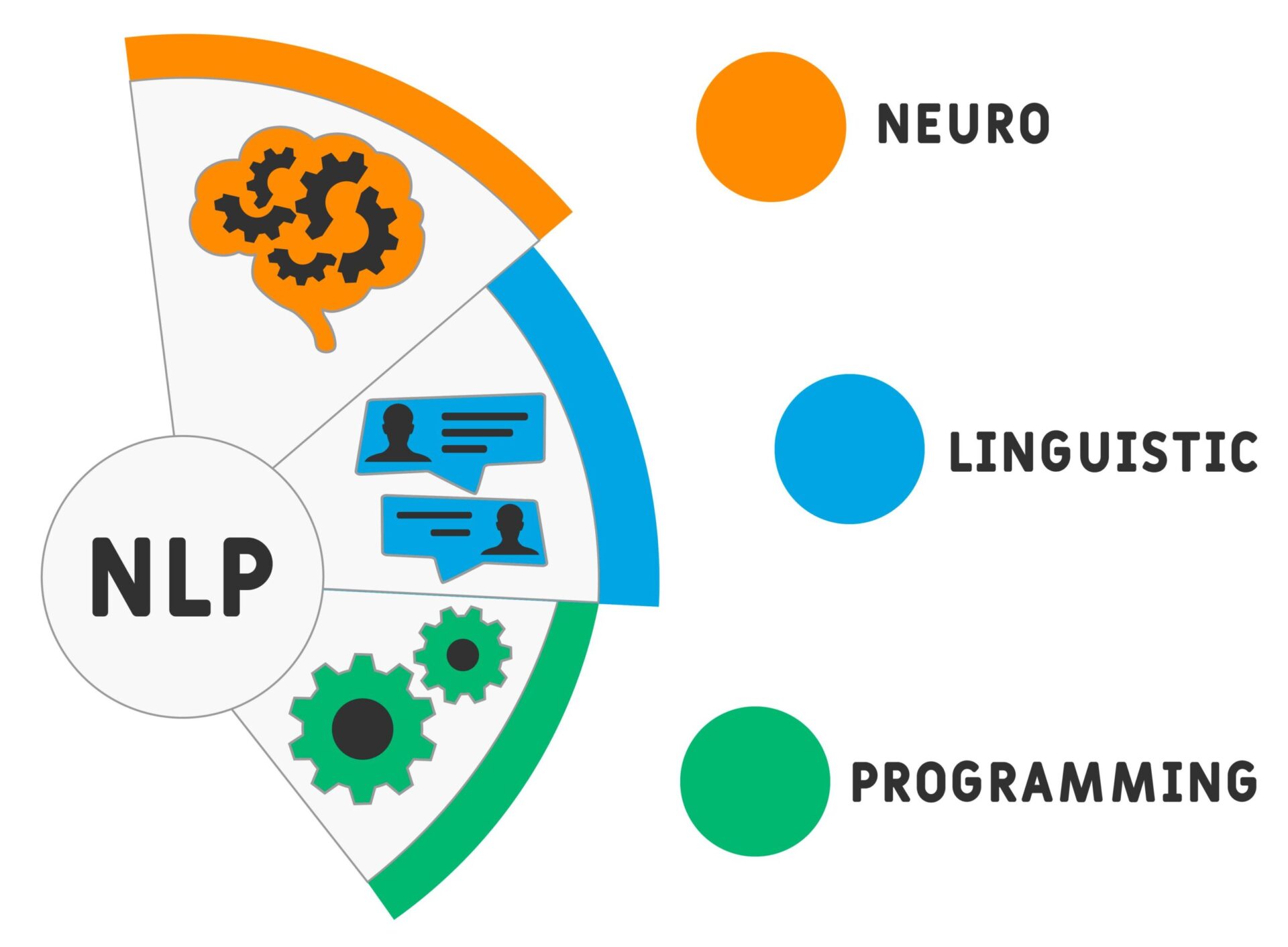Abstract
Digital technology has revolutionised the mental health landscape, leading to the rapid adoption of online counselling and psychotherapy. This whitepaper not only examines the efficacy of online therapy and highlights its benefits, but also underscores its transformative potential in today’s fast-paced world. By integrating research findings, expert insights, and testimonials, we aim to inspire hope and optimism about the future of mental health services.
Introduction
Mental health issues are increasingly prevalent, affecting millions worldwide. Traditional face-to-face therapy, while effective, often comes with barriers such as geographical limitations, stigma, and logistical challenges. Online counselling and psychotherapy offer a flexible, accessible alternative, utilising technology to bridge the gap between clients and mental health professionals. With the ongoing digital transformation, Pinnacle Therapy is at the forefront, providing innovative mental health services designed to meet the diverse needs of contemporary clients.
Efficacy of Online Counselling and Psychotherapy
A. Research Findings
Numerous studies underscore the efficacy of online therapy:
- Effectiveness: A meta-analysis by Cuijpers et al. (2020) demonstrated that internet-based cognitive behavioural therapy (CBT) substantially reduces symptoms of anxiety and depression, showing outcomes comparable to traditional face-to-face therapy. Research also indicates that online therapy for PTSD has shown significant results, with many clients reporting a decrease in symptoms after engaging with trained therapists via digital platforms.
- Accessibility: A study by Gronewold et al. (2019) found that over 50% of participants reported improved access to mental health services when using online platforms, particularly for those living in rural or underserved areas. This increased access leads to a higher likelihood of earlier intervention, which can be crucial in preventing the escalation of mental health issues.
- Convenience: Clients can engage in therapy from the comfort of their homes, leading to increased flexibility in scheduling and reduced cancellations. Research shows that flexibility correlates positively with treatment adherence.
- Anonymity and Reduced Stigma: A survey by the American Psychological Association (APA) revealed that 70% of respondents felt more comfortable discussing sensitive topics in an online environment, thus reducing the stigma associated with seeking mental health support.
- Engagement and Compliance: Studies show that clients often report higher satisfaction levels and are more likely to engage in therapy when it is delivered online (Germain et al., 2017). This engagement is crucial for long-term therapeutic success.
B. Specific Modalities and Techniques
Online therapy encompasses various modalities which cater to different client preferences and needs. Key methods include:
- Video Conferencing: Offers a visually interactive experience similar to face-to-face sessions, allowing for non-verbal cues and fostering a stronger therapist-client connection.
- Chat and Messaging: Provides a written format for therapy, accommodating clients who may find it easier to express their thoughts in writing or prefer text-based communication.
- Mobile Applications: Many therapists leverage apps to track progress and facilitate exercises, including mood tracking, journaling features, and access to self-help resources that empower clients between sessions.
C. Adaptability and Personalization
Online platforms allow for a highly personalised therapy experience:
- Clients can select their preferred therapist based on expertise and personality, enhancing the therapeutic alliance.
- Sessions can be structured to accommodate individual schedules and lifestyles, making it easier for clients to prioritise their mental health.
- Advanced algorithms in teletherapy apps can suggest tailored exercises or resources based on the client’s progress, ensuring a responsive approach to treatment.
Real-World Success Stories
To illustrate the impact of online counselling, consider the following testimonials from Pinnacle Therapy clients:
- Sarah, 27: After struggling with anxiety for years, Sarah found Pinnacle Therapy’s online service to be life-changing. “I was hesitant initially, but my therapist immediately made me feel comfortable. I could speak openly without fear of judgment. The flexibility of scheduling sessions around my work made all the difference.”
- Mark, 38: A busy professional, Mark discovered online therapy to manage work-related stress and depression. “I never thought I’d find effective therapy online. The convenience allowed me to prioritise my mental health in a way that traditional therapy never could.”
Benefits of Choosing Pinnacle Therapy
Pinnacle Therapy is committed to providing high-quality online counselling and psychotherapy services tailored to individual needs. Here’s why clients should consider Pinnacle Therapy:
- Qualified Professionals: Our team comprises licensed, experienced therapists skilled in various therapeutic approaches, including cognitive behavioural therapy (CBT), mindfulness-based therapy, and more.
- Diverse Services: We offer a wide range of services, including individual therapy, couples counselling, family therapy, and specialised programs for anxiety, depression, and trauma, ensuring that every client finds the right fit.
- User-Friendly Platform: Our online platform is designed for ease of use, featuring intuitive navigation that ensures a seamless experience from scheduling appointments to engaging in therapy sessions.
- Confidentiality and Security: At Pinnacle Therapy, we prioritise our clients’ privacy. We employ robust security measures, including encryption and secure servers, to protect personal information and foster a safe therapeutic environment.
- Flexible Scheduling: Clients can choose appointment times that work best for their busy schedules, reducing stress and overcoming common barriers to seeking help.
- Ongoing Support and Resources: Pinnacle Therapy provides clients access to various resources, tools, and follow-up support between sessions, promoting continuous growth and development in their mental health journey. This ensures that clients feel supported and guided in their mental health journey.
Conclusion
The evidence supporting the efficacy of online counselling and psychotherapy is compelling. With its numerous advantages, including accessibility, convenience, and effectiveness, online therapy is a promising option for those seeking mental health support. Pinnacle Therapy is ready to provide exceptional service tailored to every client’s needs. We invite individuals seeking support to explore our online counselling services and embark on a journey toward mental wellness.
Call to Action
If you or someone you know is considering therapy, we urge you to take the next step towards mental wellness. Contact Pinnacle Therapy today. Our dedicated team is here to support you. Visit our website at Pinnacle Therapy to learn more about our services and book your first session.
References
- Cuijpers, P., Karyotaki, E., Weitz, E., Andersson, G., Hollon, S. D., van Straten, A. (2020). “The effects of psychotherapies for major depression in adults on remission, recovery, and improvement: a meta-analysis.” World Psychiatry.
- Germain, V., et al. (2017). “Efficacy of Online Therapy: A Review of the Evidence.” Journal of Telemedicine and Telecare.
- Gronewold, N., et al. (2019). “Consumer perspectives on online mental health service delivery: a systematic review.” Telemedicine and e-Health.
- American Psychological Association (APA). “The Benefits of Online Therapy.”












